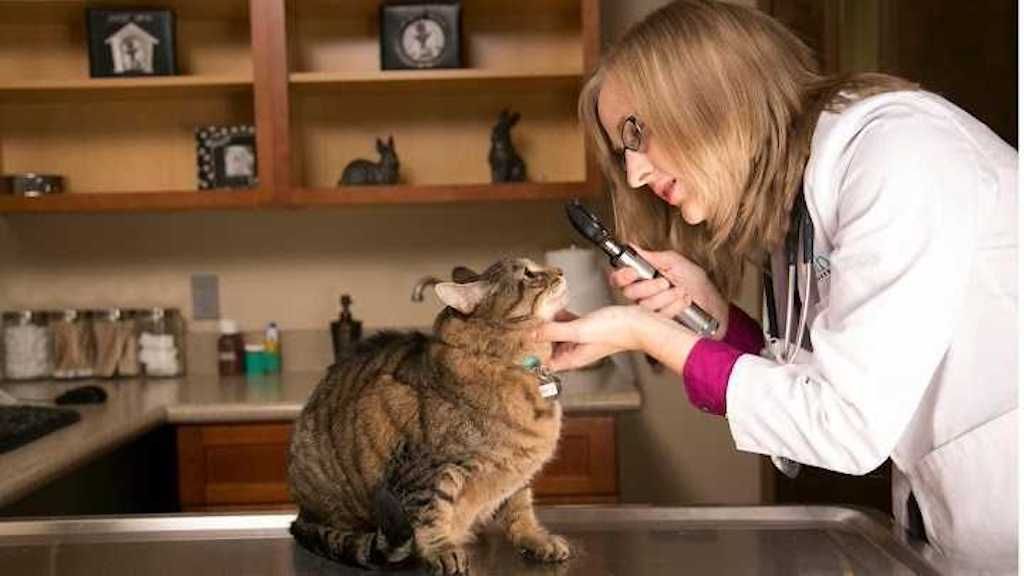The Art of Responsible Dog Breeding: Creating a Legacy of Health and Joy
The Art of Responsible Dog Breeding

In the realm of dog breeding, responsibility isn't just a buzzword—it's a guiding principle that sets the foundation for producing healthy, behaviorally sound puppies who will bring joy to their future families. Responsible dog breeding is more than selecting two dogs with good looks and favorable traits; it's a careful, scientific, and ethical endeavor that prioritizes the well-being of the Pets above all else.
The Importance of Health Screening
A responsible breeder ensures that all dogs considered for breeding are thoroughly screened for hereditary diseases and health conditions. Comprehensive genetic testing helps identify potential issues, enabling breeders to make informed decisions that reduce the risk of passing on genetic ailments. This process includes checks for hip and elbow dysplasia, heart anomalies, and eye conditions, among others. By prioritizing health screening, breeders contribute to a healthier canine population and ensure that their puppies have a strong start in life.
Temperament Testing and Behavioral Health
Breeding isn't only about physical attributes; behavioral health plays a crucial role in the well-being of dogs. Responsible breeders conduct temperament tests to gauge a dog's suitability for breeding. Dogs with balanced, stable temperaments are more likely to produce puppies that will adapt well to family life and social environments. By emphasizing behavioral health, breeders help ensure that their puppies will bring joy, not challenges, to their future homes.
Ethical Guidelines and Welfare Standards
Ethical breeding practices demand adherence to strict welfare standards. This means providing proper housing, nutrition, veterinary care, and socialization to all breeding dogs and their puppies. Breeders must create a nurturing environment that minimizes stress and allows puppies to develop physically and mentally. Additionally, responsible breeders don't over-breed their dogs; they give ample time between litters to allow mothers to recover and care for their offspring.
Commitment to Education and Transparency
Knowledge is a cornerstone of responsible breeding. Staying updated on the latest research in genetics, veterinary medicine, and dog behavior helps breeders refine their practices. Moreover, transparency is key. Responsible breeders will openly share information about their breeding practices, health screening results, and lineage history with prospective Pet Parents. This builds trust and ensures that families can make well-informed decisions when selecting a puppy.
Supporting New Pet Parents
The relationship between a responsible breeder and a puppy's new family doesn't end at the point the new Pet Parent receives their new puppy. Ongoing support is vital to ensuring a smooth transition and healthy upbringing. Breeders should be available to answer questions, provide training tips, and even take back a dog if the family can no longer care for it. This safety net ensures that no dog ends up in a shelter and strengthens the bond between breeders and Pet Parents.
Advocating for Breed Diversity and Conservation
Responsible dog breeding also involves contributing to the genetic diversity of the canine population. Breeders who work with both purebred and mixed-breed dogs aim to maintain a diverse gene pool to minimize hereditary issues. This careful management helps conserve breeds and promotes genetic health across the entire canine population.
Explore the Functional Dog Collaborative for Ethical Breeding Guidance
For those interested in learning more about responsible breeding practices and ethical approaches to improving the health and welfare of dogs, the Functional Dog Collaborative is an excellent resource. This organization focuses on providing support, education, and community to breeders dedicated to the creation of healthy, behaviorally sound dogs.
Their website (https://functionalbreeding.org/) offers a wealth of information on best practices, health testing protocols, and breeding guidelines. By prioritizing behavioral health, genetic diversity, and ethical practices, they aim to foster a community of breeders committed to making a positive impact in the canine world.
Explore their site for:
- Educational articles and resources on functional breeding
- Podcasts and interviews with industry experts
- Opportunities to connect with like-minded breeders through their community groups
Whether you're a breeder, veterinarian, or prospective Pet Parent, it is important to know that responsible dog breeding is about creating a legacy of health, happiness, and sustainability. By prioritizing health screening, ethical practices, and ongoing education, responsible breeders ensure that their dogs live long, joyful lives and bring immense fulfillment to their families. For prospective Pet Parents, seeking out a responsible breeder means finding a lifelong companion that will enrich their lives for many years to come.
RECENT ARTICLES



